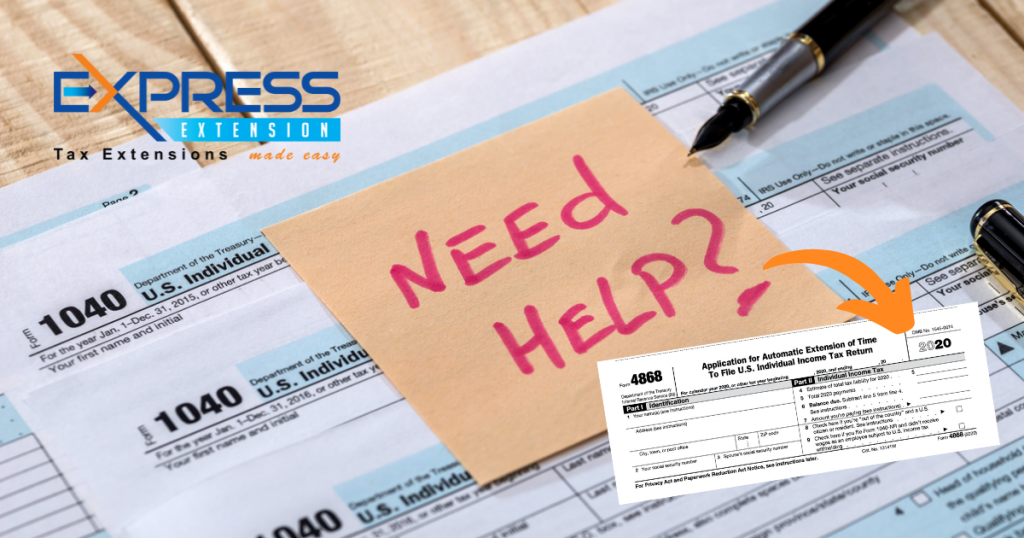Tax Day is Monday, May 17! It’s not too Late to File an Extension!
reading time: 7 minute(s)

It’s almost here, the dreaded tax day. If you haven’t filed your personal income taxes with the IRS yet, then this is almost certainly a day you are dreading.
While we can’t help you get out of paying your taxes (sorry they’re inevitable), we can help you file an extension with the IRS and guarantee it’s acceptance!
If you are down to the wire and ready to file an extension Form 4868 for your personal tax return, this article is for you. We are covering what you need to know to file successfully and most importantly, before the deadline.
Misconceptions about Filing an Extension
There are many myths and misconceptions about filing an extension with the IRS, so let’s start this article out by busting them!
“The IRS discourages or frowns upon extension filers”
Wrong! They don’t mind if you file an extension, as long as you file it properly and complete your tax return by the extended deadline.
“The IRS requires detailed explanations for your extension request”
Nope! The IRS doesn’t actually require you to provide any reasoning or explanation for your extension. The Form 4868 extension for personal tax returns is an automatic extension. This means that as long as you file it accurately and by the deadline, you’re good to go!
“Filing an extension is a long and tedious process”
Actually, the Form 4868 extension request is one of the shortest and simplest forms in the IRS line-up. When you file the form electronically with ExpressExtension, you can file your form accurately in about 10 minutes! Plus, we guarantee the acceptance of your tax extension.
What Information do I need to File Form 4868?
Form 4868 is relatively short with only 9 lines, and all nine of these lines may not be applicable to you. Here is the information you need to know before beginning the filing process in order to ensure accuracy.
- Your legal name and address
- Your SSN and your spouse’s if you are filing a joint return
- An estimate of your total tax liability for the 2020 tax year
- Any payments made towards the taxes you owe
- The total amount due to the IRS (tax liability minus any payments made)
- Know the amount you want to pay the IRS after transmitting your extension
- Know if you qualify as being “out of the country”
- Know if you are required to file a 1040-NR for non residents
Now that we’ve covered the essentials, it’s time to begin filing. Gather the necessary information we discussed above and click here to create your ExpressExtension account!
Already an existing ExpressExtension client? Click here.

Leave a Comment